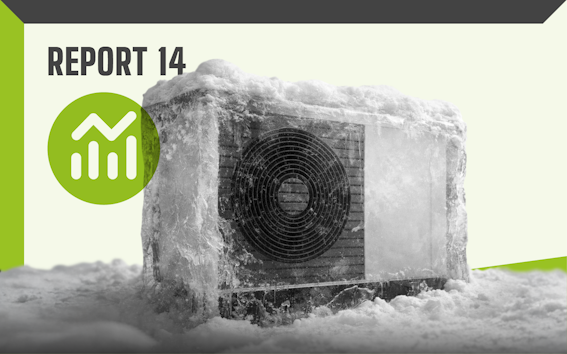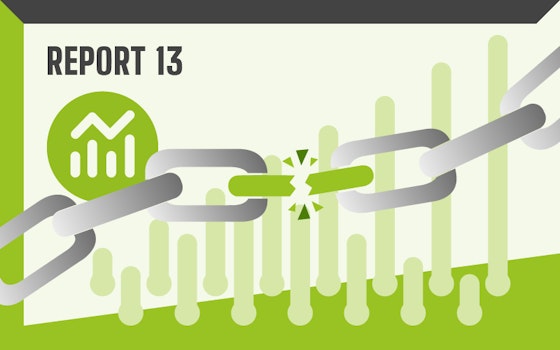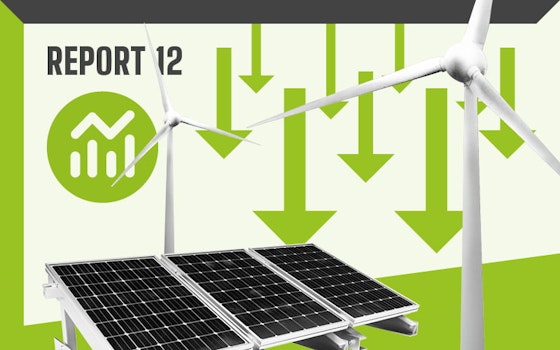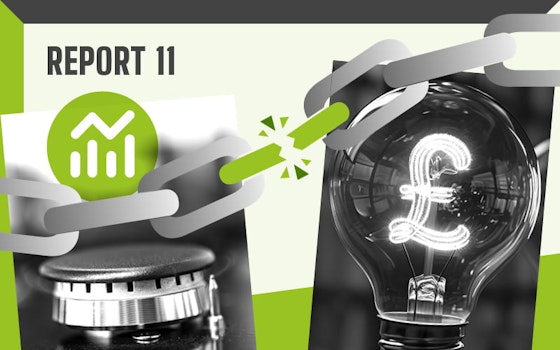
The Cold Hard Facts About Heat Pumps
Heat pumps can cut carbon, but costs and performance vary. Our report examines real-world data, bills, and what must change to make heat work for everyone.
Report releasedJanuary 26, 2026
View ReportSee the full report on the Green Britain Foundation website
Green energy is already winning the race. It’s cheaper, cleaner, and it’s ours - made right here in Britain. But despite all that progress, most people aren’t feeling the benefit. Their bills are still sky high. And the reason? A broken system that forces us to pay gas prices even when the wind and sun are doing all the heavy lifting.
This isn’t about renewables falling short, it’s about market rules that refuse to move on from fossil fuels. In 2023 alone, this outdated pricing model cost us £43 billion. That’s £367 taken from every household to prop up a system that values gas above all else. And if another global price spike hits like in 2022, the damage could be double that. £87 billion drained from our economy, all because we haven’t fixed the fundamentals.
And here’s the kicker: it leaves us at the mercy of global markets controlled by petrostates and price-fixing cartels. We call it a free market, but it’s anything but.
Labour won on a promise of cheaper energy, powered by renewables. And the potential is there—we’re already generating record amounts of clean electricity. But unless we fix how the market works, that clean energy will keep being sold at dirty prices.
We don’t just need more renewables, we need a market that reflects their value.
The government's current ideas? Zonal pricing, minor tweaks, fancy names. But they all miss the point. Zonal pricing just redistributes costs, some areas may pay less, others will definitely pay more. It’s a postcode lottery dressed up as reform.
Businesses hate it. It’s bad for competition. And it does nothing to stop gas setting the price.
Here’s the real fix: ditch “pay-as-clear” and move to “pay-as-bid.” Instead of paying everyone the same (highest) rate - usually set by gas - we pay generators what they actually ask for. Simple. Fair. And it finally lets renewables compete on their true costs, which are miles below fossil fuels.
This would lower bills right now. And unlike zonal pricing, it doesn’t need a total market overhaul.
Breaking the link would’ve saved nearly £47 billion between 2022 and 2024. Going forward, it could save another £42 billion in 2025, and nearly £87 billion by 2030. That’s real money - hundreds of pounds back in people’s pockets each year.
And it saves the government from shelling out billions in emergency support the next time global gas prices go haywire.
We’ve got the resources, the infrastructure, and the will. What we’re missing is a market that recognises the value of clean, homegrown energy.
We can have lower bills, real energy independence, and a fairer system. But only if we break the link.
Let’s get on with it…:)
Heat pumps can cut carbon, but costs and performance vary. Our report examines real-world data, bills, and what must change to make heat work for everyone.
Report releasedJanuary 26, 2026
View ReportHow lower electricity prices could boost growth, cut inflation and leave every Brit better off
Report releasedDecember 11, 2025
View ReportA practical plan to bring prices down, tackle inequality and stabilise our economy
Report releasedOctober 27, 2025
View ReportA new plan to end Britain’s dependence on gas prices and bring down electricity costs
Report releasedOctober 27, 2025
View Report

